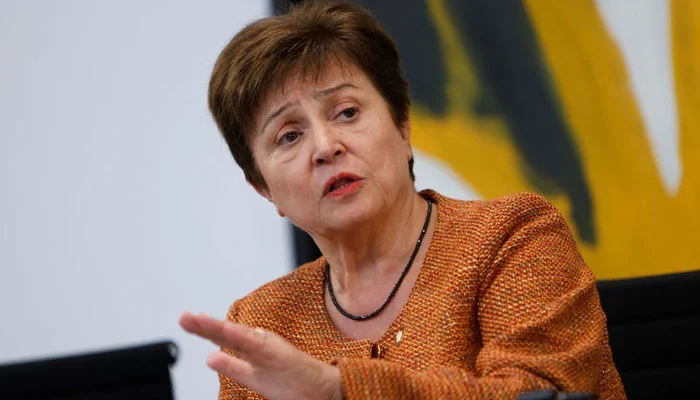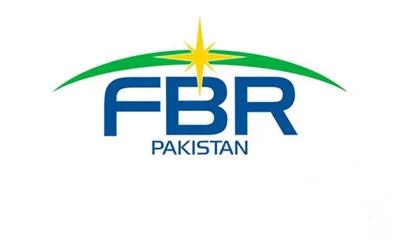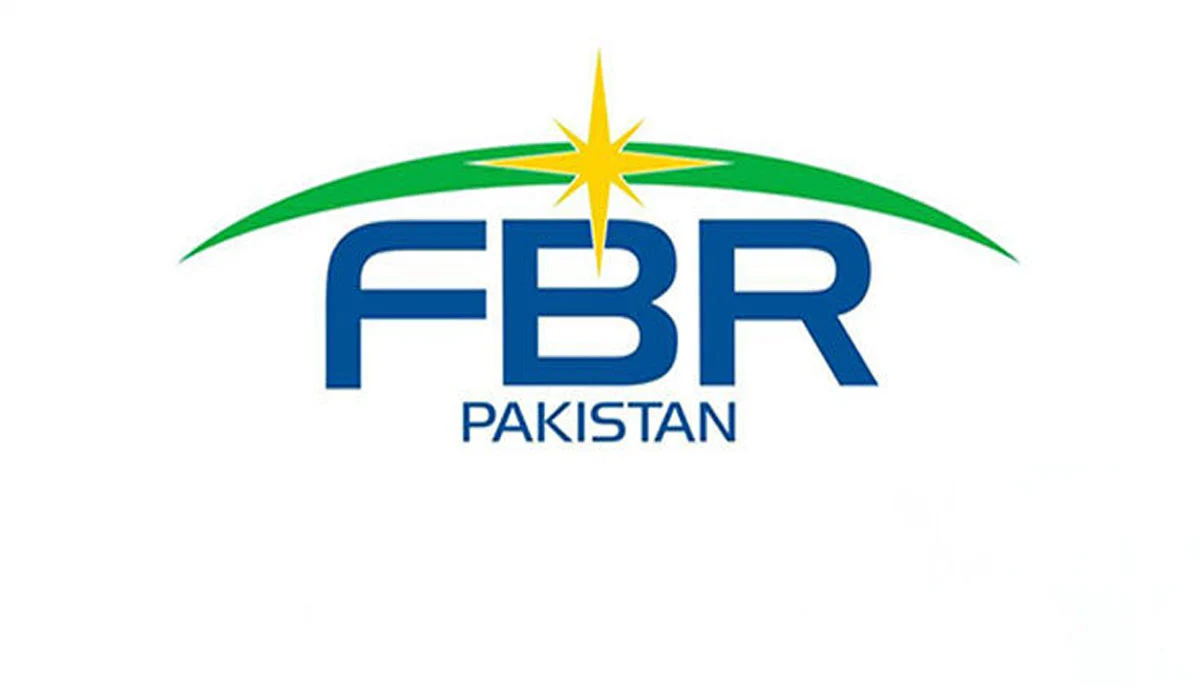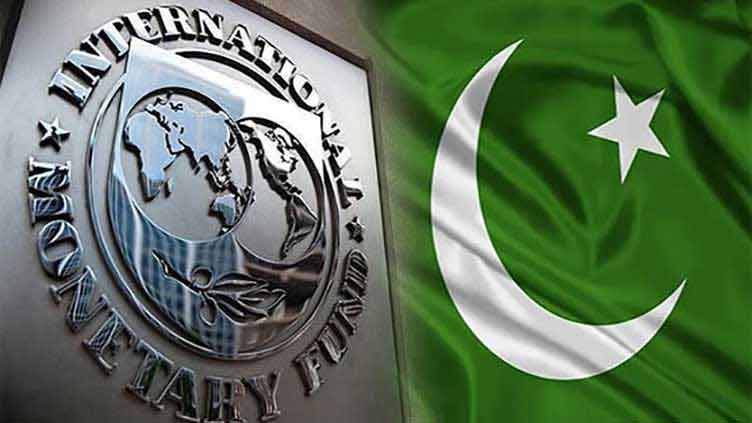Business
Economy faces tougher year in 2023, warns IMF
-

 Latest News2 days ago
Latest News2 days agoThree injured and two died in a Punjabi road accident
-

 Business2 days ago
Business2 days agoPakistan’s $1.1 billion loan tranche is approved by the IMF board.
-

 Business2 days ago
Business2 days agoPakistan’s fuel prices should drop.
-

 Latest News2 days ago
Latest News2 days agoFazl challenges the authenticity of the parliament.
-

 Latest News2 days ago
Latest News2 days agoJudges of the IHC letter: Today’s suo moto case will be taken up by the six-member SC bench
-

 Latest News2 days ago
Latest News2 days agoTemperatures will soar, bringing intense heatwaves to Karachi.
-

 Latest News2 days ago
Latest News2 days agoLahore experiences a winter-like ambiance following rainfall.
-

 Latest News2 days ago
Latest News2 days agoAfter kidnapping a citizen of Karachi, three AVLC officers were detained.






















